If you have food or beverage waste, please contact us; you can be a part of this movement by sending us your food or beverage waste streams. If your operations are powered by conventional natural gas, we welcome the opportunity to investigate converting at least part of your thermal load to renewable natural gas (RNG). If you are part of a more local/regional organization, check out our Farm Powered Sustainability Heroes program.
The process starts with determining which of the member facilities are candidates for food or beverage waste repurposing. After meeting with the sustainability and plant operations teams, collaborative waste and energy assessments are completed with the selected facilities. We want to understand the product process flows, current waste streams, wastewater treatment processes (if any), and current waste hauler arrangements as well as energy sources, usage, and costs. At this stage we also collaborate on waste reduction ideas and minimizing processing steps and costs upfront. These assessments enable the Alliance team to incorporate the needs of your facilities into the development plans for farm-based anaerobic digesters nationwide.
Renewable natural gas (RNG) is a critically important resource for decarbonizing energy supplies. Depending on the reporting scheme, RNG from Vanguard projects can have a carbon intensity that ranges from near-zero to significantly negative. RNG is a “drop-in” resource for utilities, and under market-based reporting can be a tool for direct reductions in Scope 1 greenhouse gas emissions.
Alliance members send food waste to a nearby Farm Powered anaerobic digester where it is combined with farm waste to generate renewable natural gas. The renewable natural gas is sent to a local utility and then to overall utility customers. RNG conversion and the resulting reduction in carbon intensity is a contractual agreement with the members’ utility or energy supplier. It requires no new capital equipment or system modifications if natural gas is already in use at your facility.
The Farm Powered anaerobic digesters are located on dairy farms. Benefits to the farmer include monthly rental income that diversifies the farm’s income stream, mitigation of on-farm methane emissions, and free low-carbon fertilizer and animal bedding, which is a byproduct of the anaerobic digestion process. The low-carbon fertilizer supports regenerative agriculture practices and has proven to improve crop production yields and eliminate the substantial cost of purchasing commercial synthetic fertilizers. The dry material extracted at the end of the anaerobic digestion process is used for animal bedding and replaces sawdust and other materials. Farmers report that using this material has anecdotally reduced somatic cell count, a key measure of dairy herd health.
There is no cost to join, and the Memorandum Of Understanding is non-binding.
In addition to demonstrating leadership in repurposing unavoidable waste and recycling it into carbon negative renewable energy, thus helping to mitigate climate change, there are a few additional benefits to joining the FPSA. The members meet monthly to share best practices and there will be an annual offsite meeting to further encourage networking, sharing of ideas, positioning, and future activity. Members also have the opportunity to be featured in articles about sustainability and on panels at key sustainability events.


 Farm Powered Strategic Alliance
Farm Powered Strategic Alliance